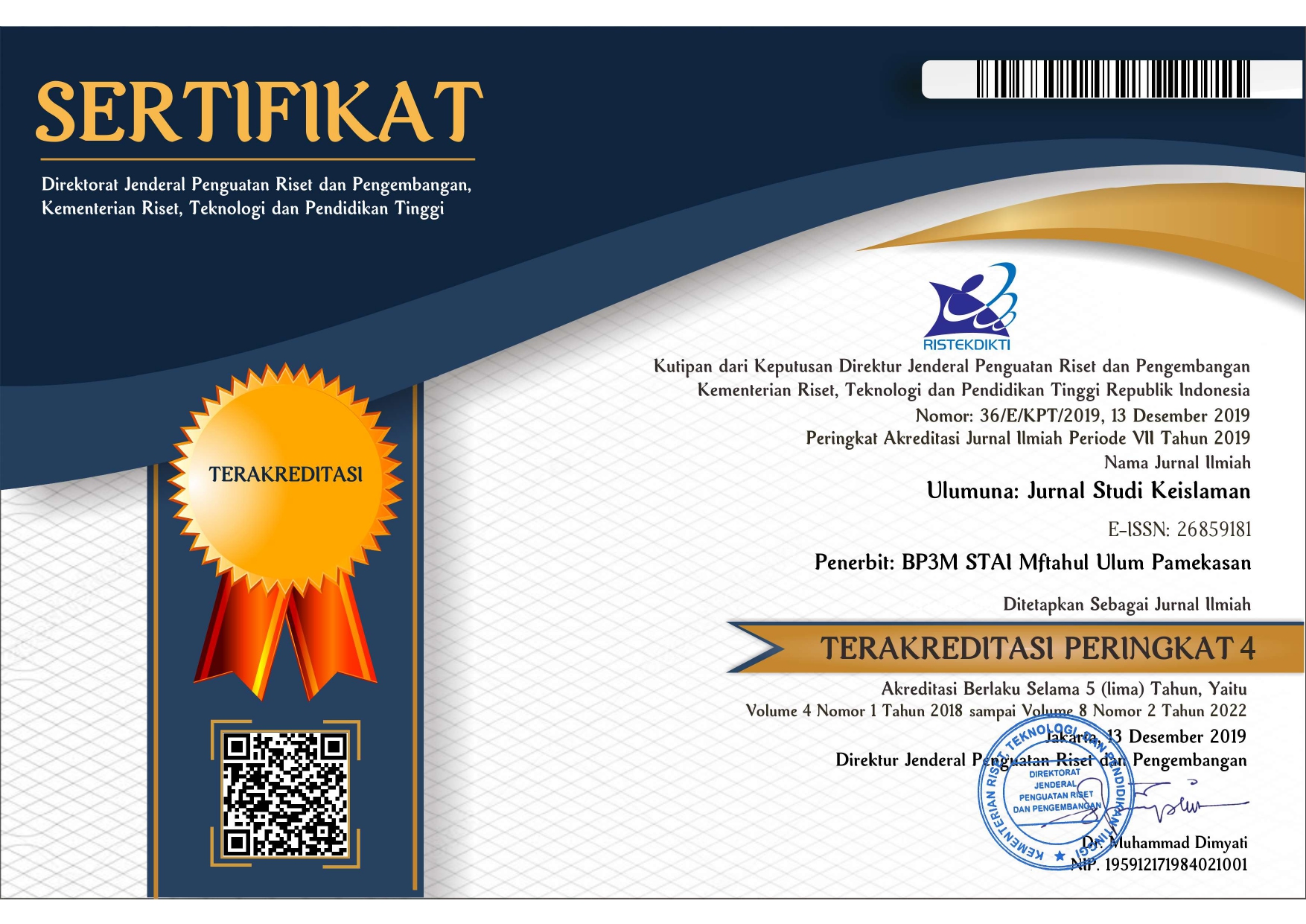Kebijakan Fiskal dan Distribusi Kekayaan pada Era Khalifah 'Umar bin Khattab: Analisis Historis terhadap Optimalisasi Zakat dalam Perspektif Ekonomi Islam Kontemporer
DOI:
https://doi.org/10.36420/ju.v11i1.8013Abstract
This study discusses the relevance of Caliph ‘Umar bin Khattab's fiscal policy in responding to the challenges of wealth distribution inequality facing contemporary Muslim countries. The main questions raised are: How can the zakat distribution model of ‘Umar's time be adopted as a fiscal solution in the context of modern Islamic economics? This research occupies a historical-normative position with an Islamic Principle approach, examining zakat policy as the main instrument of wealth distribution and community economic empowerment. The method used is a literature study of classical and contemporary sources, analysed with an institutional approach. The results show that the integration of a centralised zakat system, fiscal decentralisation and the principle of social justice applied by ‘Umar proved to improve welfare and reduce social inequality. The findings suggest that strengthening zakat literacy, tax incentives, and management modernisation can make zakat an effective and ethical fiscal instrument in the current Indonesian context.Downloads
Published
2025-11-16
How to Cite
Hasan, Z., & Makki, M. . (2025). Kebijakan Fiskal dan Distribusi Kekayaan pada Era Khalifah ’Umar bin Khattab: Analisis Historis terhadap Optimalisasi Zakat dalam Perspektif Ekonomi Islam Kontemporer. Ulumuna: Jurnal Studi Keislaman, 11(1), 78–90. https://doi.org/10.36420/ju.v11i1.8013
Issue
Section
Articles
License
Copyright (c) 2025 Zaenol Hasan, Mustaqim Makki

This work is licensed under a Creative Commons Attribution-ShareAlike 4.0 International License.
Jurnal ini terbuka untuk umun dan bisa digunakan untuk kepentingan ilmiah lainnya






